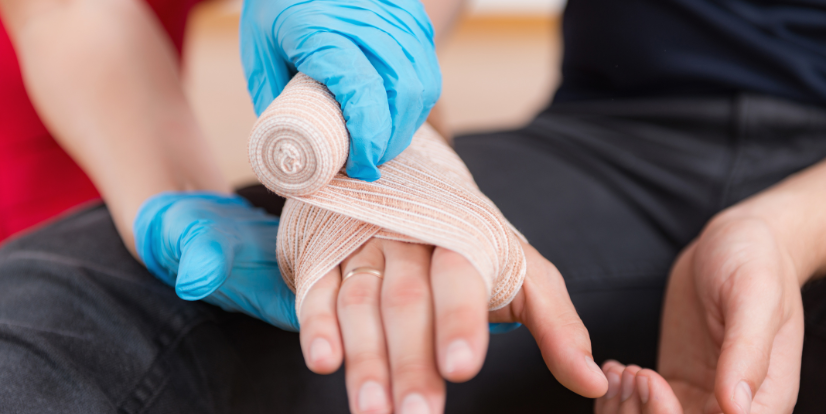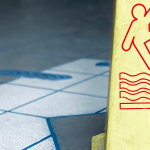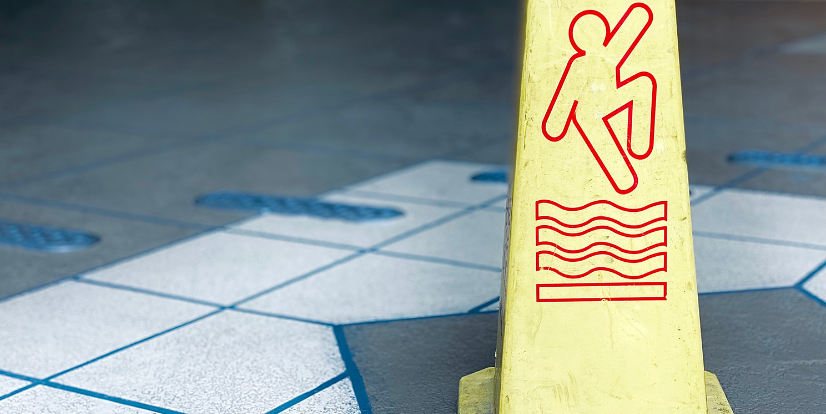Are you wondering what repetitive strain injury (RSI) is and whether you might be at risk? RSI is becoming a growing concern for many, especially those who spend long hours typing, clicking, or performing repetitive tasks. Whether you’re an office worker glued to your computer or engaging in hands-on activities, repetitive motions can lead to discomfort and eventually turn simple tasks into painful challenges.
In this article, we’ll explore the causes and symptoms of repetitive strain injury, helping you understand how to protect yourself and recognize early warning signs.
What Is Repetitive Strain Injury?
Repetitive Strain Injury (RSI) is a condition that affects the muscles, tendons, and nerves, primarily in the hands, wrists, arms, shoulders, neck, and back. It develops from repetitive or prolonged motions, which stress these body parts. Over time, this strain can cause damage to the soft tissues, resulting in pain, stiffness, and other uncomfortable symptoms.
RSI is commonly seen in individuals who perform repetitive tasks, such as typing, using hand tools, or playing musical instruments. It’s also known as cumulative trauma disorder or occupational overuse syndrome. Early recognition and treatment are key to managing symptoms and preventing further damage.
What Causes Repetitive Strain Injury?
Several actions or behaviors can lead to RSI. These include:
- Sports and recreational activities: Repetitive movements in sports like tennis or swimming can increase the risk of RSI.
- Repetitive and forceful motions: Tasks that require repeated movements, like typing, clicking a mouse, or using tools, can strain muscles and tendons.
- Awkward postures: Poor posture while sitting or standing can stress muscles and joints more, increasing the risk of RSI.
- Work-related conditions: Office work, factory jobs, or any tasks that involve prolonged repetitive motions can cause RSI.
- Ergonomic hazards: Workstations or equipment that aren’t designed to support the body’s natural movements can exacerbate the risk.
What Are the Symptoms of Repetitive Strain Injury?
RSI symptoms can vary in intensity and duration. Some common signs of RSI include:
- Persistent pain: Pain in the hands, wrists, shoulders, or neck is a key indicator of RSI. The discomfort may start as mild but can worsen over time.
- Stiffness: Stiffness in the affected areas can make everyday tasks, such as typing or holding objects, difficult.
- Tingling or numbness: You may experience a tingling or numb sensation, especially in the hands or fingers, which can radiate along nerves.
- Weakness: Affected muscles may feel weak, making it hard to grip objects or perform repetitive motions without straining.
- Fatigue: Even simple tasks can become exhausting, leading to early fatigue.
- Swelling: Some individuals may notice swelling around the joints, indicating inflammation or strain in the muscles and tendons.
If left untreated, RSI can worsen over time, leading to chronic pain and potentially limiting your ability to perform daily activities.
Conclusion
Repetitive Strain Injury is a common and often painful condition that can affect anyone who performs repetitive or prolonged tasks. Recognizing the causes and symptoms early is essential to prevent further damage and manage discomfort effectively.
Whether you’re an office worker, athlete, or craft enthusiast, incorporating ergonomic practices into your routine and taking regular breaks can reduce your risk of developing RSI. If you notice persistent pain, stiffness, numbness, or weakness in your hands, wrists, arms, or shoulders, it’s important to seek medical attention. If you’re seeking help to manage your repetitive strain injury, our team at Know Your Health can connect you with a qualified doctor near you to provide the care and treatment you need to manage your condition.






